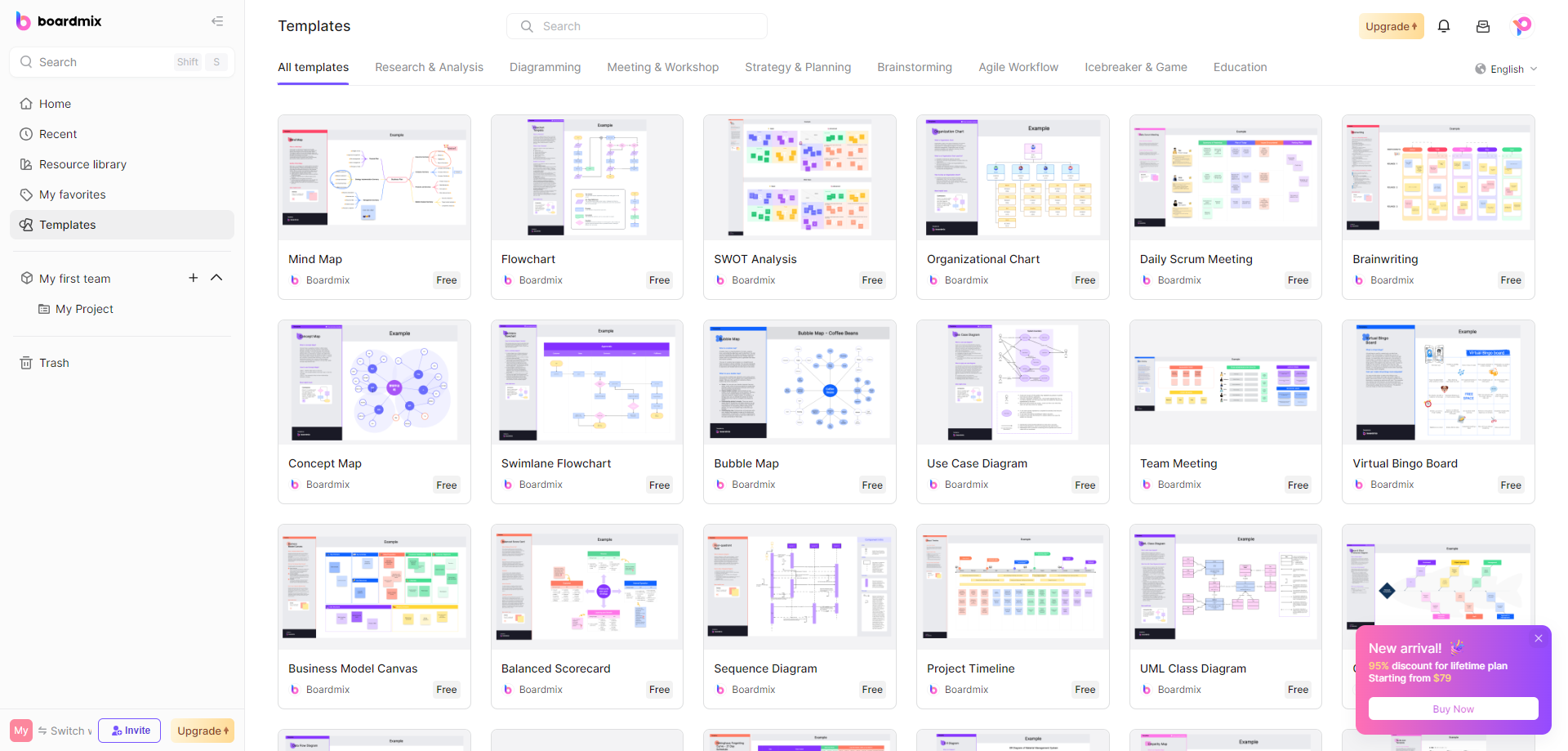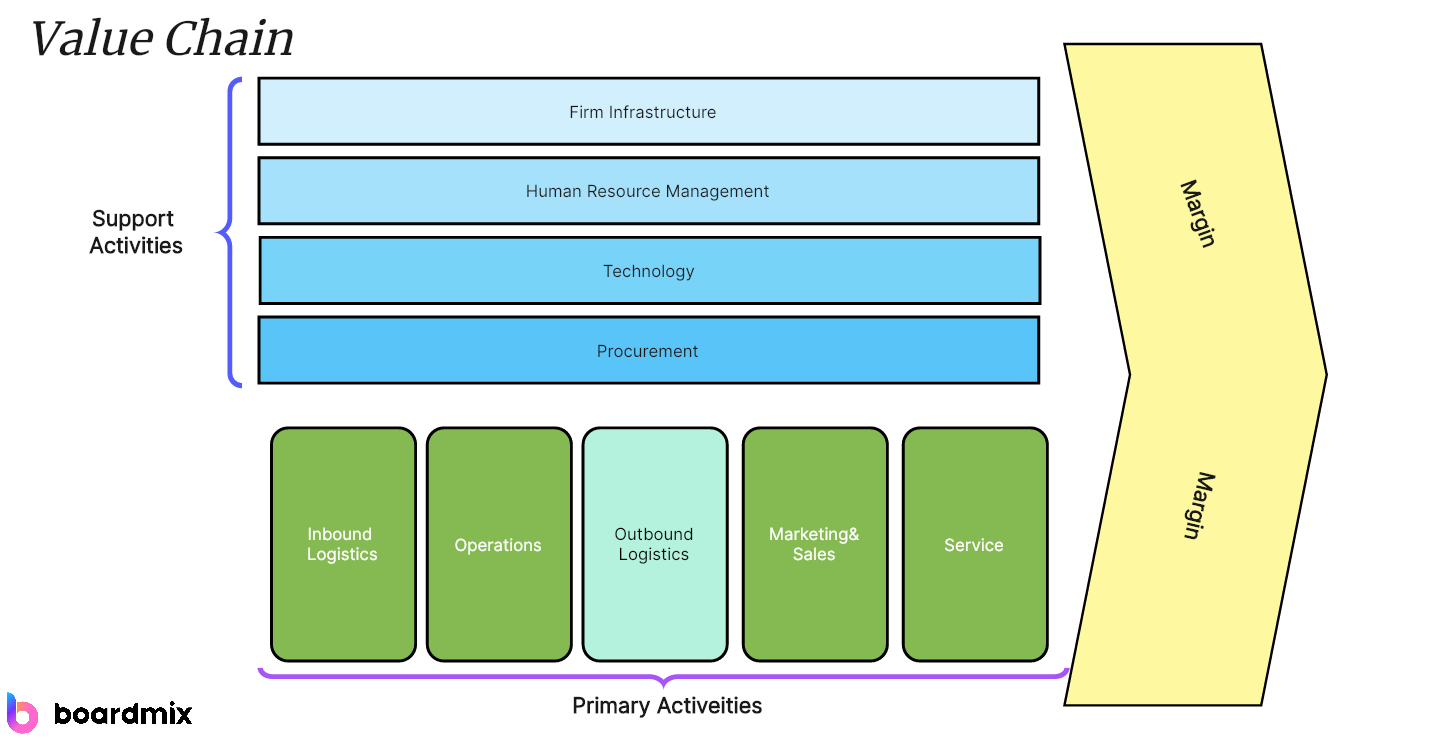In this article, we will conduct a thorough PESTEL analysis for Tesla, delving into the external factors that influence its operations and strategic decisions. Understanding these elements is crucial for any organization, especially in the rapidly evolving automotive and sustainable energy industries. We will begin by explaining what a Tesla PESTEL analysis entails, followed by providing essential background information about Tesla. Subsequently, we will dissect the PESTEL factors affecting Tesla, drawing insights that can inform strategic planning. Let's dive in.
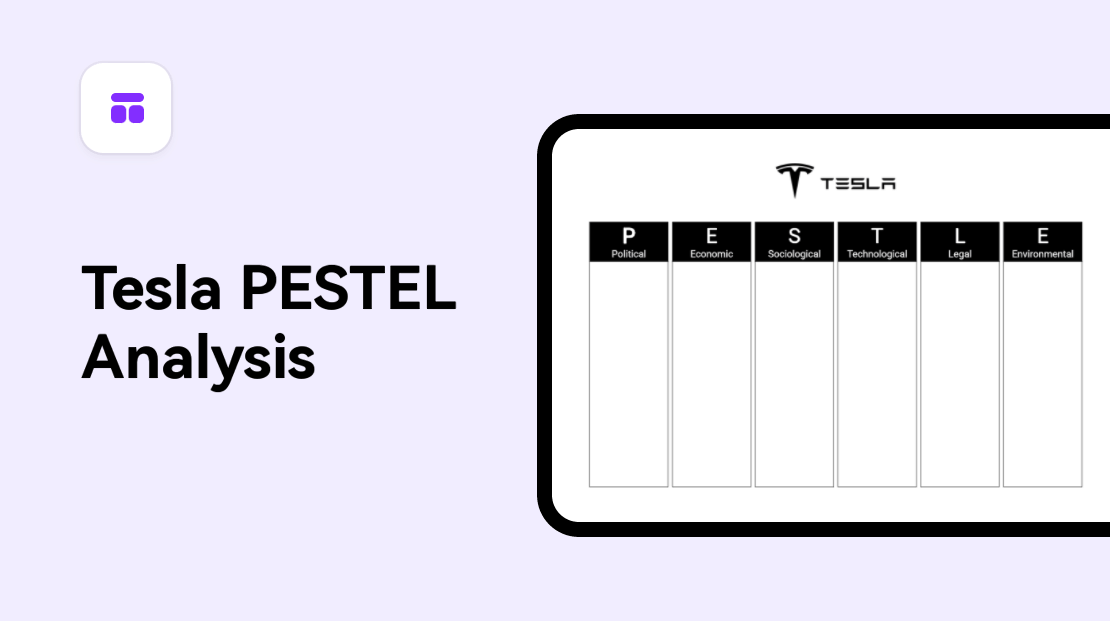
What Is the PESTEL Analysis
As more comprehensive analysis model than PEST analysis, the PESTEL analysis is a strategic management tool used to assess the external macro-environmental factors affecting an organization. It stands for Political, Economic, Social, Technological, Environmental, and Legal factors. By analyzing these dimensions, companies can better understand the external forces that shape their industry and make informed decisions.
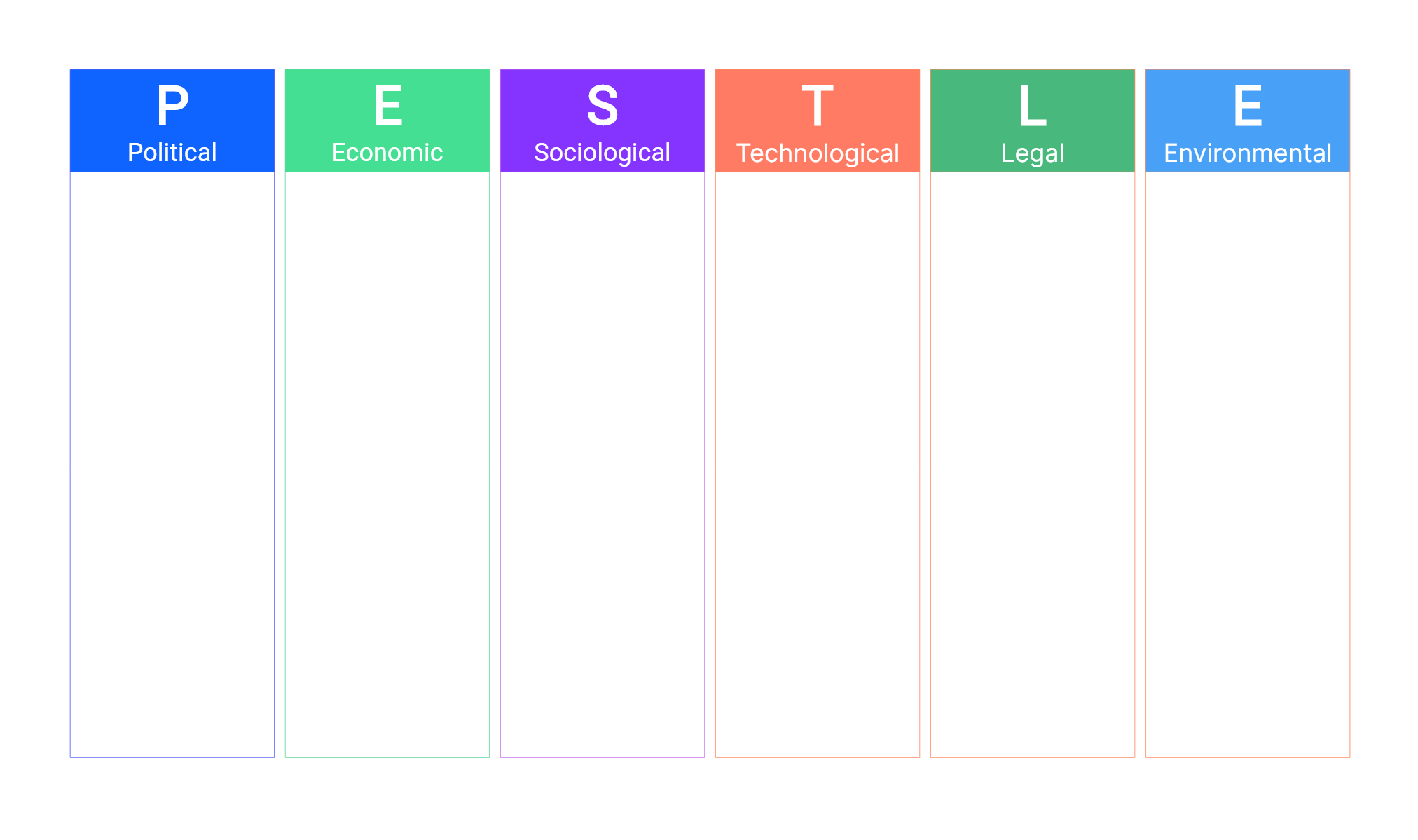
Basic Info of Tesla
Tesla, Inc., established in 2003, is a trailblazing force in the automotive and sustainable energy sectors. Founded by visionaries Elon Musk, JB Straubel, Martin Eberhard, Marc Tarpenning, and Ian Wright, the company's mission is to expedite the global transition to sustainable energy. Headquartered in Palo Alto, California, Tesla is renowned for its groundbreaking electric vehicles (EVs) and has expanded its portfolio to include solar energy products and energy storage solutions. With a product lineup featuring models like the Model S, Model 3, Model X, and Model Y, Tesla redefines conventional transportation through cutting-edge technology and a steadfast commitment to environmental consciousness.
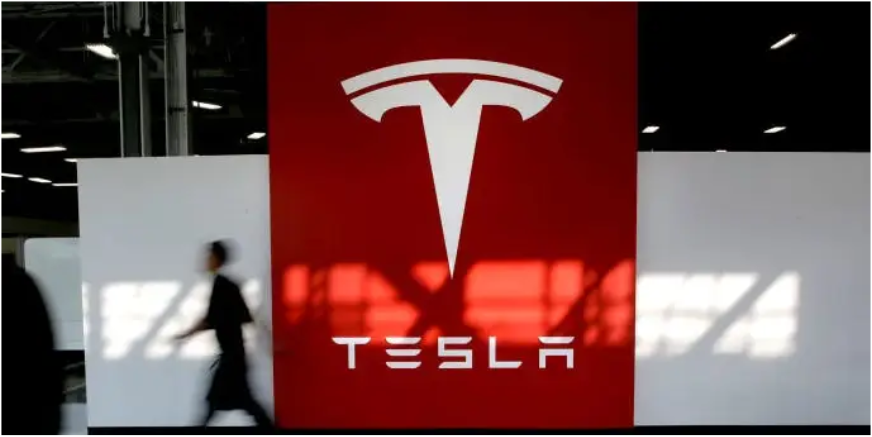
Tesla PESTEL Analysis
The Tesla PESTEL analysis is as following:
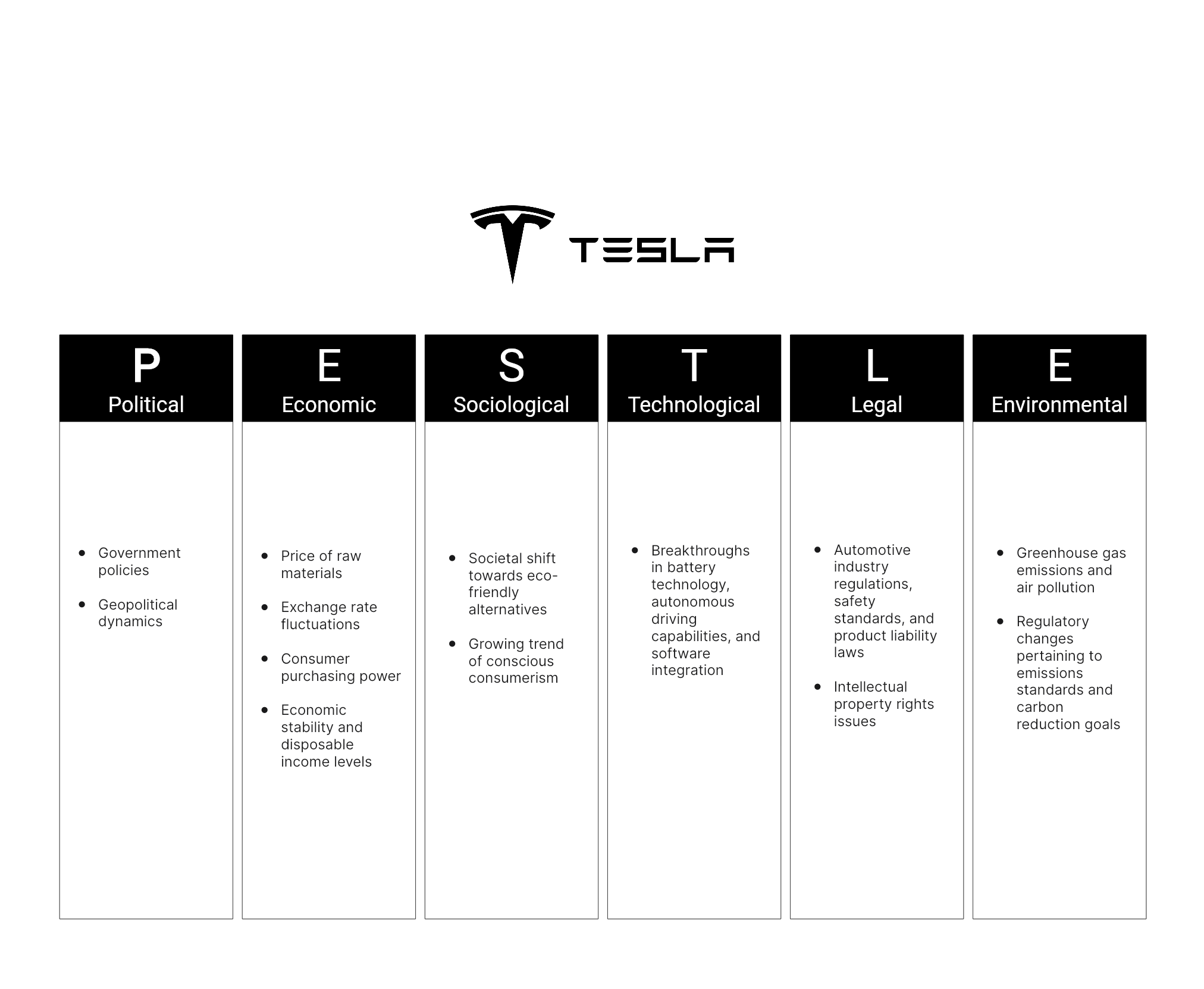
Political Factors
Tesla operates in a highly regulated industry influenced by government policies and geopolitical dynamics. Government support for clean energy initiatives, tax credits for electric vehicle (EV) buyers, and emissions standards are critical political factors. For instance, favorable policies in countries like Norway and the Netherlands have significantly boosted Tesla's market share. Conversely, shifts in government priorities or trade tensions could impact Tesla's global operations.
Economic Factors
Economic conditions strongly affect Tesla's sales and profitability. The price of raw materials, exchange rate fluctuations, and consumer purchasing power play pivotal roles. Economic stability and disposable income levels in target markets, such as the United States and China, are particularly significant. Economic downturns may lead to decreased consumer spending on high-end products like Tesla's electric cars.
Social Factors
Changing consumer attitudes towards sustainability and environmental consciousness have been advantageous for Tesla. The societal shift towards eco-friendly alternatives is a substantial driver of demand for electric vehicles. Additionally, Tesla's brand image as a pioneer in sustainable transportation aligns well with the growing trend of conscious consumerism, further enhancing its market position.
Technological Factors
The rapid pace of technological advancements is both an opportunity and a challenge for Tesla. Breakthroughs in battery technology, autonomous driving capabilities, and software integration have positioned Tesla as an industry leader. However, maintaining technological superiority requires sustained investment in research and development. Moreover, intellectual property protection and staying ahead of emerging tech trends are crucial considerations.
Legal Factors
Tesla operates in a highly regulated industry, subject to various legal frameworks. Compliance with automotive industry regulations, safety standards, and product liability laws is imperative. Additionally, intellectual property rights and any legal disputes can have a substantial impact on Tesla's operations. Employment laws, especially in international markets, also play a role in the company's human resources strategies.
Environmental Factors
Environmental considerations are at the core of Tesla's mission. The company's products directly address concerns related to greenhouse gas emissions and air pollution. Tesla's emphasis on sustainability, from production to operation, distinguishes it in the market. Moreover, regulatory changes pertaining to emissions standards and carbon reduction goals significantly influence Tesla's long-term strategic planning.
Insights from the PESTLE Analysis for Tesla
Here are some insights from PESTLE analysis for Tesla:
- Political Stability Drives Growth: Tesla benefits from regions with stable political environments and supportive policies for clean energy and electric vehicles. Markets with strong government backing, such as Norway and the Netherlands, have seen significant Tesla adoption rates. The company's success is closely tied to the political will to combat climate change and promote sustainable transportation.
- Economic Resilience is Key: Economic stability and favorable conditions in key markets are vital for Tesla's sustained growth. Fluctuations in currency exchange rates can impact production costs and pricing, making it crucial for Tesla to strategically manage its global operations. Additionally, focusing on markets with robust purchasing power remains a priority.
- Consumer Demand Driven by Environmental Awareness: Tesla's brand equity is deeply intertwined with the growing societal shift towards sustainability. Consumers are increasingly conscious of their environmental impact, driving demand for electric vehicles. This trend positions Tesla favorably in the market, especially as more individuals seek eco-friendly transportation options.
- Technological Leadership Maintains Competitive Edge: Tesla's continued investment in cutting-edge technology, from advanced battery systems to autonomous driving capabilities, solidifies its position as an industry leader. Maintaining this technological edge is imperative for staying ahead of competitors and meeting evolving customer expectations for innovation and performance.
- Sustainability as a Market Differentiator: Tesla's strong emphasis on sustainability resonates with environmentally-conscious consumers. The company's commitment to reducing carbon footprints, from manufacturing processes to product usage, sets it apart in a competitive market. Sustainability initiatives not only align with societal values but also contribute to Tesla's long-term brand loyalty.
Key Takeaway: A One-stop Tool for PESTEL Analysis
This comprehensive Tesla PESTEL analysis provides Tesla with a holistic view of the external factors shaping its operational landscape. By considering political, economic, social, technological, environmental, and legal influences, Tesla can make informed strategic decisions.
To make the analysis process more seamless, a handy tool called Boardmix can be an option. This one-stop whiteboard tool enables you and all stakeholders to work together in real time and provides various templates and tools for better results. Just give it a nice try today!
From SWOT and PESTLE analyses to User Journey Maps, our diverse range of templates cater to every need. You can customize them to your preference, enabling you to extract valuable insights that drive informed decision-making. Collaborate in real-time with your team, annotate your analysis with comments, and unlock the power of collective intelligence.






